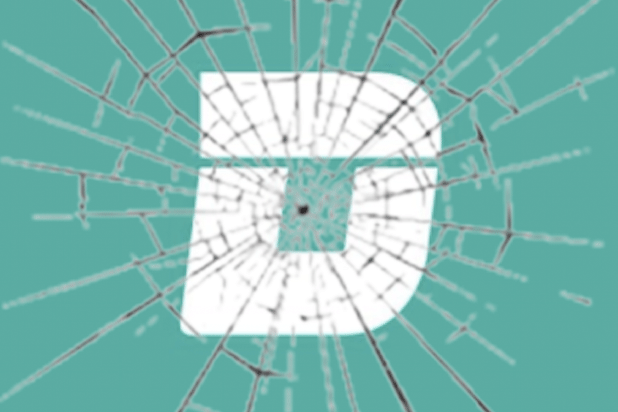Speaking of debris fields, Stephen Benen at WM flags an article that is brimming with all kinds of cosmic debris. The piece is ostensibly about how the current political climate is muting what enthusiasm there is for legislation to combat climate change. But it’s actually a description of the false choice between the environment and economic development which many people sincerely believe they are grappling with. For those about to choose, we… tell you to hold on a minute.
I’ll just pick out a couple of things form the article, by Jennifer Robison of the Las Vegas Review-Journal who uses data from a recent Gallup poll to get right to the point.
Recent surveys show Americans cooling to global warming, and they’re even less keen on environmental policies they believe might raise power bills or imperil jobs.
…
What’s more, fewer Americans believe the effects of global warming have started to occur: 53 percent see signs of a hotter planet, down from 61 percent in 2008. Global warming placed last among eight environmental concerns Gallup asked respondents to rank, with water pollution landing the top spot.
Another recent Gallup study found that, for the first time in 25 years of polling, more Americans care about economic growth than the environment.
…
And Myron Ebell, director of energy and global warming policy at the Competitive Enterprise Institute, a libertarian think-tank, pointed to a study from the National Rural Electric Cooperative Association that showed 58 percent of respondents were unwilling to pay more than they currently pay for electricity to combat climate change.
Emphasis mine. Is that a choice? “Hmm… this is what I’ll pay for my light bill and not a penny more!” Is that how it works? Really? The ellipses are used not to cherry pick – feel free to read the whole thing. It’s a decent picture of what people have been led to believe are the underlying conditions of both climate catastrophe and economic development. She’s right in that the way global warming has been portrayed is partly to blame. Just not in the way she says.
With so many surveys revealing that Americans have little appetite for environmental policies that they think could stall economic growth or pinch consumers’ budgets, policymakers still have some selling to do, observers say.
What are they supposed to sell? That, short of new, highly exotic schemes that, not unlike the rear-view mirror, may appear more insane than they actually are, economic growth as we’ve known it is over? That should go over well. But the point is that these two have not been sufficiently connected. It’s another contradiction: despite the kinds of big expensive movies we make and support – we’re actually afraid of scaring people. Who woulda thunk it? This is not even touching on the degree to which people who sow skepticism of a warming planet turn around tout that very skepticism as one reason to do nothing. Though that phenomenon is responsible for this:
“I think there’s a huge amount of skepticism among the public. They’ve heard all these claims, and now they’ve been informed that there isn’t any recent warming,” Ebell said. “The public, without having a lot of information about it, is pretty astute. I think the alarmists are having a hard time making the case for global warming simply because reality is against them and the public has figured it out.”
Again, emphasis mine. That’s a non-sequitur, first of all. But I would choose the terms ‘reality’ and ‘hard time’ as ripe for a kind of redefinition along the lines of what our economic development has been all about and what it would take for it continue in any meaningful way. Even outside of concern for rising oceans, the connection between our rate of resource burn to our ability to grow and grow is non-sensical and we should be striving to transition away from it for that reason alone. Books will be written about this phenomenon and the brick wall awaiting us. It’s not wishful thinking or ‘fatalism as marketing’ that will determine whether we pass or fail on this front, but the thing people fear most – smarts.
With apologies to Mrs. Simmel and the Piranha Brothers – more heads stuffed with Cartesian dualism, please.

